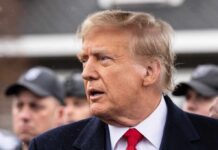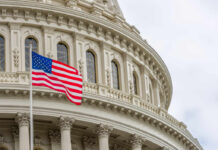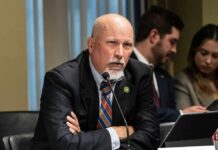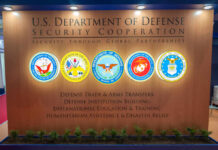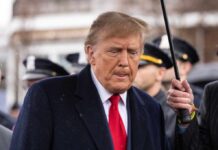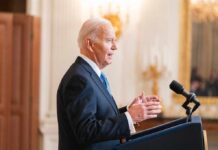
Following the announcement of the controversial PGA-LIV Golf merger, Fox News White House correspondent Jacqui Heinrich revealed the administration’s inconsistent approach to the situation, which contradicts previous responses to similar corporate activities.
White House Press Secretary Karine Jean-Pierre avoided discussing the controversial PGA-LIV Golf merger. Claiming it was a private affair, she refused to address the merger and President Biden’s stance. Her repeated dismissal starkly contrasted the administration’s previous readiness to speak on private business developments that furthered its political narrative.
Heinrich highlighted this inconsistency, drawing on examples where the White House had commented on significant business maneuvers. For instance, Jean-Pierre defended JPMorgan Chase’s acquisition of First Republic Bank last month. The administration also regularly entertained questions about Elon Musk’s Twitter purchase.
— FloridaGirl10 (@Girl10Florida) June 8, 2023
However, the White House remained silent when it came to the merger of PGA and LIV Golf, which has significant political implications involving Saudi Arabia.
The PGA-LIV Golf merger concludes a two-year tug-of-war between the American organization and its Saudi competitor. The deal saw the PGA Tour, once vocal against the Saudi organization’s “sportswashing” attempts, partner with its adversary. The Saudi Public Investment Fund (PIF), a $600 billion fund under the Saudi Crown Prince’s control, is the exclusive investor in the newly formed entity.
Many view this merger as Saudi Arabia’s ploy to purchase the PGA Tour, stirring widespread criticism and accusations of hypocrisy. The public perceives this move as the PGA Tour capitulating to Saudi money amid the Kingdom’s checkered human rights record and attempts to reform its image under the Crown Prince’s “Vision 2030” initiative.
Despite the controversy, supporters of the merger have emerged. Professional golfers like Bryson DeChambeau and Phil Mickelson view it as an “opportunity to elevate the game globally.” However, the increasing Saudi influence in sports, demonstrated through investments in multiple significant companies and sports leagues, remains a point of contention.
The White House’s stance leaves many unanswered questions. The American public awaits a clear response to this significant event, which echoes far beyond the fairways and greens of the golf world. In times of international mergers with contentious geopolitical implications, our leaders must have a consistent, unwavering voice. Thus far, in the case of the PGA-LIV Golf merger, that voice remains ominously silent.




